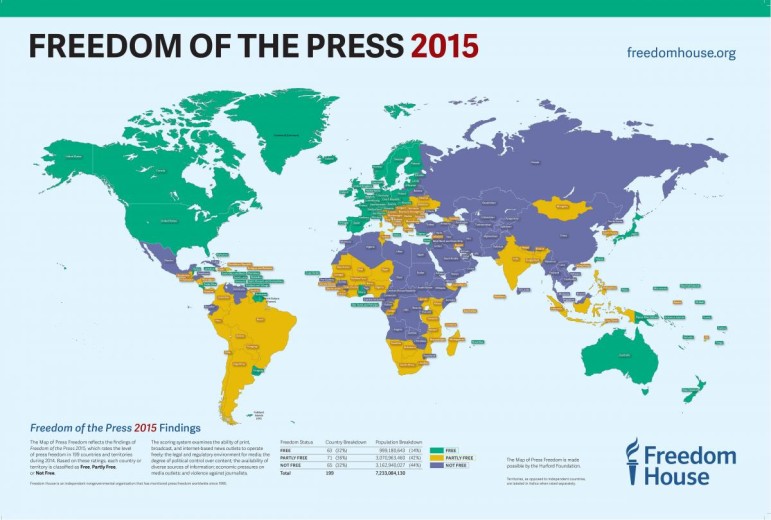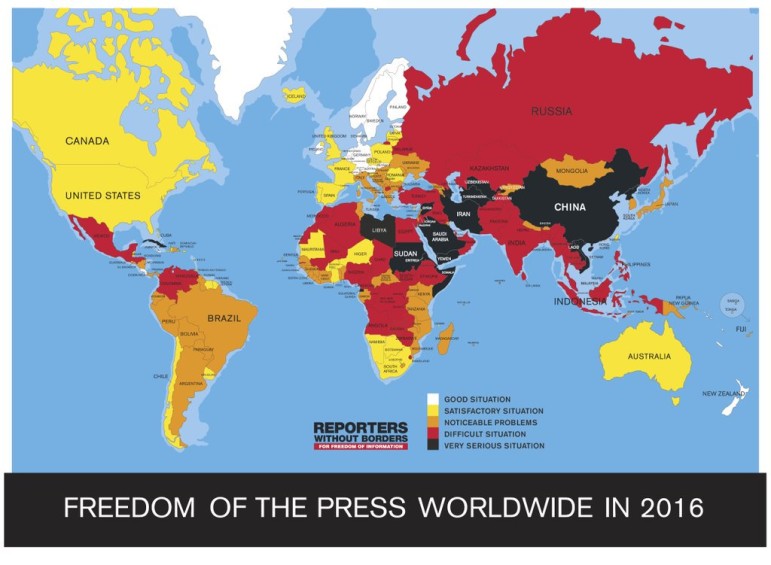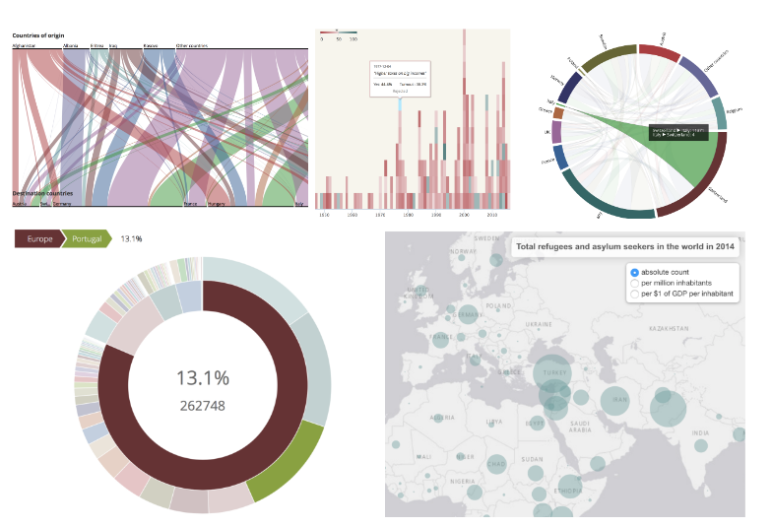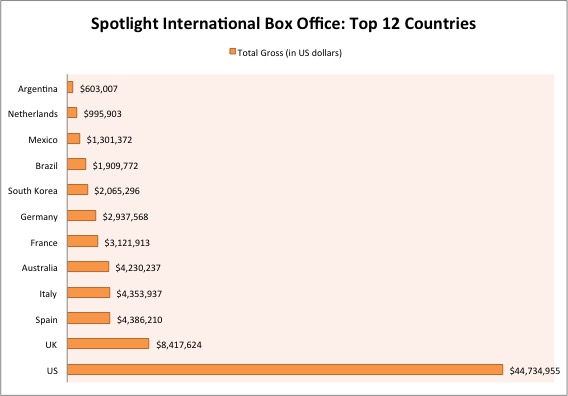
Data Journalism Methodology
Investigating Uber Surge Pricing: A Data Journalism Case Study
The story published in the Washington Post’s Wonkblog ended up being about race, but it didn’t start out that way. Nick Diakopoulos, who leads the lab, wrote for the Wonkblog last year with a story on how surge pricing motivates Uber drivers to move to those surging areas, but does not increase the number of drivers on the road as Uber claims.









